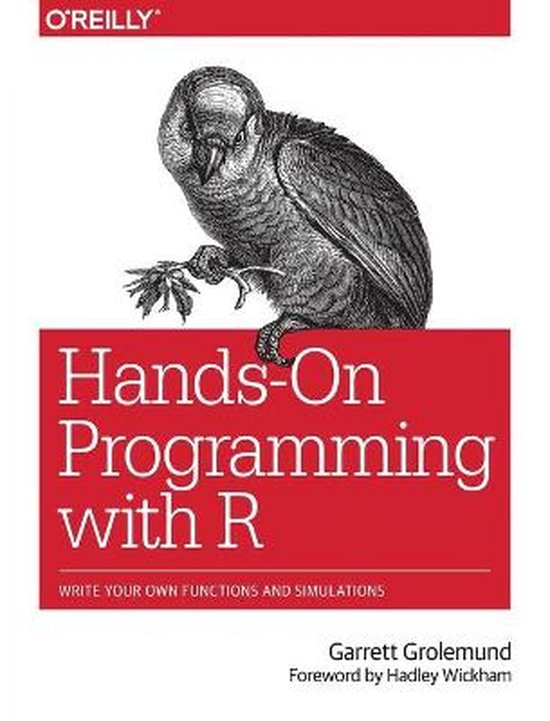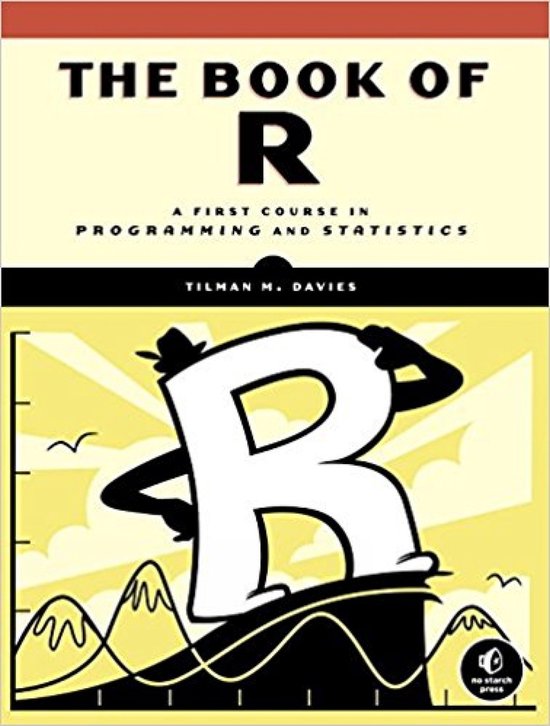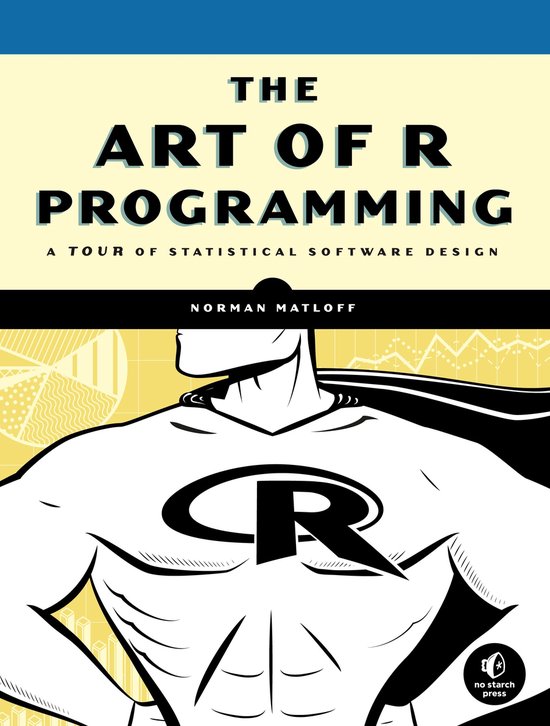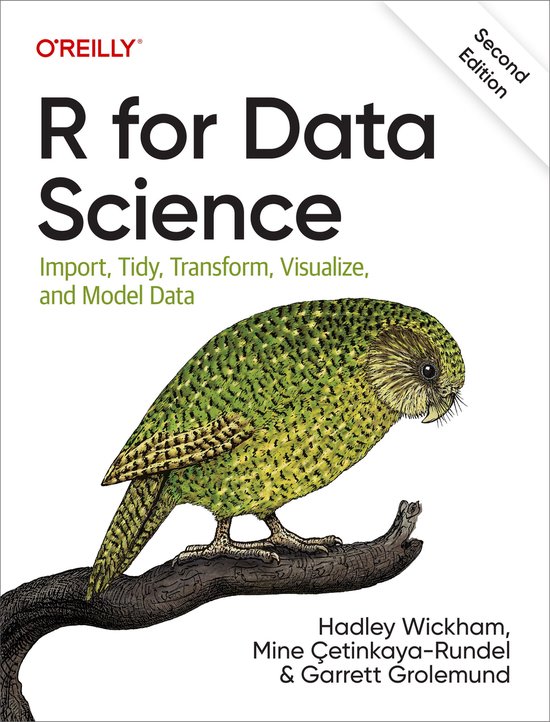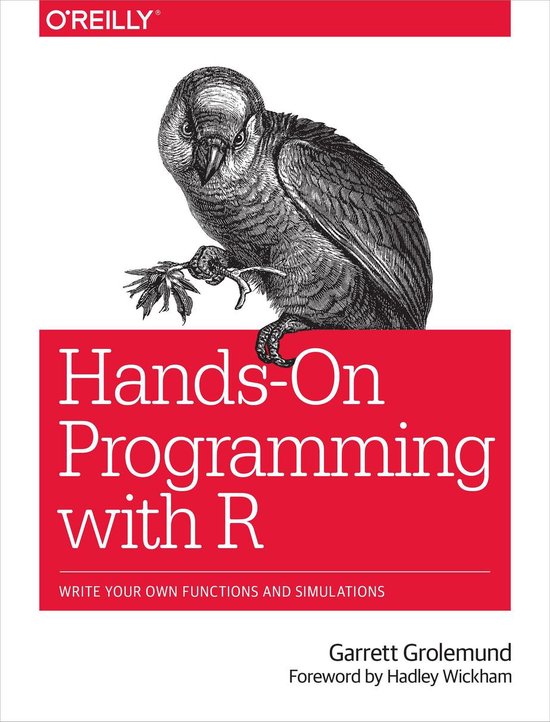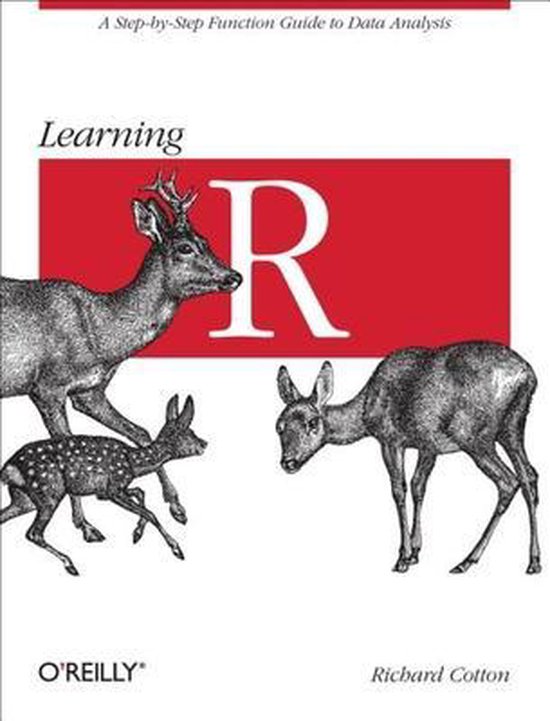
Learning R
Learn how to perform data analysis with the R language and software environment, even if you have little or no programming experience. With the tutorials in this hands-on guide, you'll learn how to use the essential R tools you need to know to analyze data, including data types and programming concepts.
Learn how to perform data analysis with the R language and software environment, even if you have little or no programming experience. With the tutorials in this hands-on guide, you'll learn how to use the essential R tools you need to know to analyze data, including data types and programming concepts. The second half of Learning R shows you real data analysis in action by covering everything from importing data to publishing your results. Each chapter in the book includes a quiz on what you've learned, and concludes with exercises, most of which involve writing R code. Write a simple R program, and discover what the language can do Use data types such as vectors, arrays, lists, data frames, and strings Execute code conditionally or repeatedly with branches and loops Apply R add-on packages, and package your own work for others Learn how to clean data you import from a variety of sources Understand data through visualization and summary statistics Use statistical models to pass quantitative judgments about data and make predictions Learn what to do when things go wrong while writing data analysis code
Learn how to perform data analysis with the R language and software environment, even if you have little or no programming experience. With the tutorials in this hands-on guide, you'll learn how to use the essential R tools you need to know to analyze data, including data types and programming concepts. The second half of Learning R shows you real data analysis in action by covering everything from importing data to publishing your results. Each chapter in the book includes a quiz on what you've learned, and concludes with exercises, most of which involve writing R code. Write a simple R program, and discover what the language can do Use data types such as vectors, arrays, lists, data frames, and strings Execute code conditionally or repeatedly with branches and loops Apply R add-on packages, and package your own work for others Learn how to clean data you import from a variety of sources Understand data through visualization and summary statistics Use statistical models to pass quantitative judgments about data and make predictions Learn what to do when things go wrong while writing data analysis code
| Auteur | | Richard Cotton |
| Taal | | Engels |
| Type | | Paperback |
| Categorie | | Technologie & Bouwkunde |
